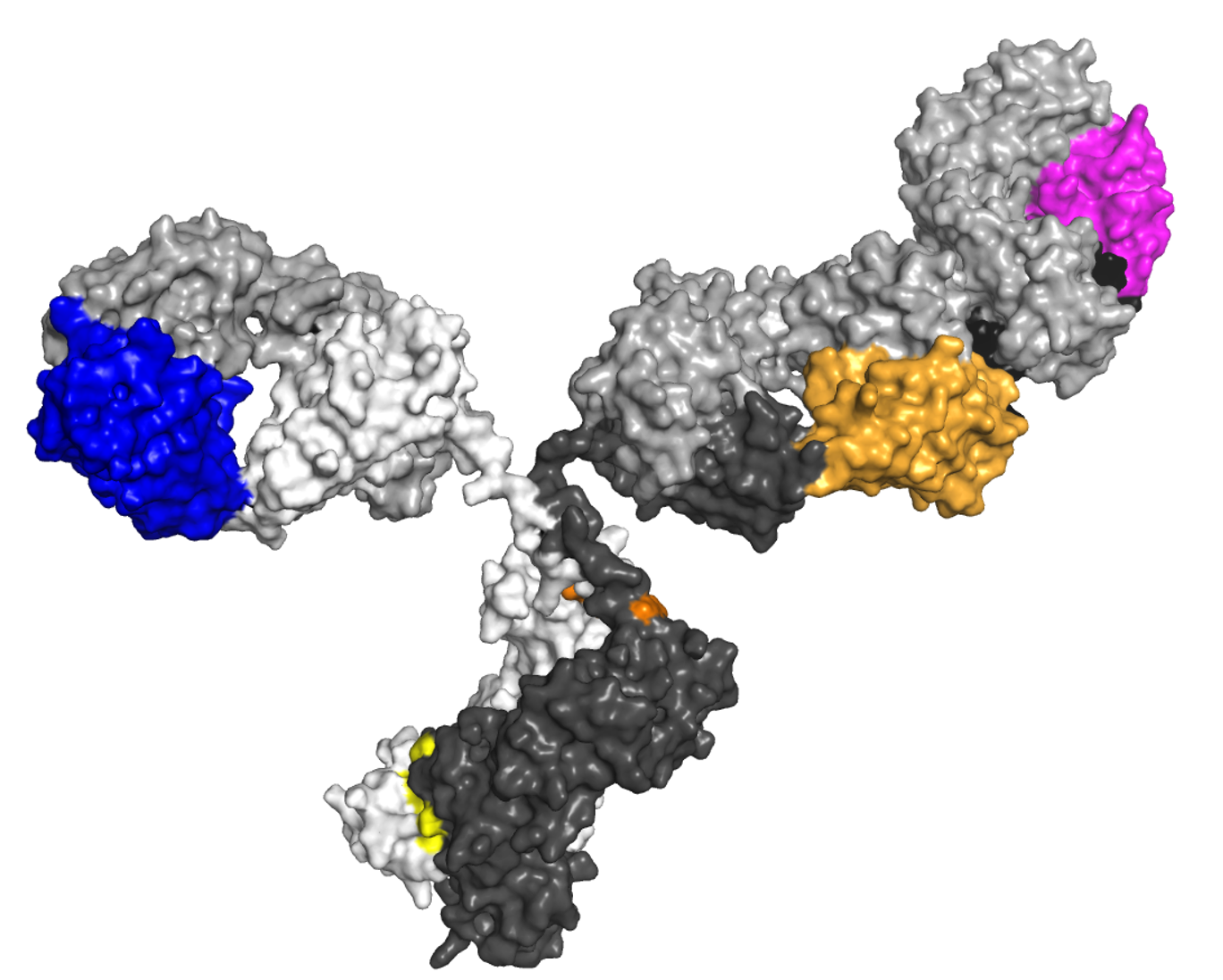What Is the Role of Obesity in Hematological Cancers?
By Magdalena Taube, PhD - Last Updated: October 27, 2023Magdalena Taube, PhD, of the Sahlgrenska Academy at the University of Gothenburg, discussed the results from a recent study published in The Lancet on the role of obesity in cancers.
The study included 2,007 patients who have undergone bariatric surgery plus a matched control group of 2,040 patients who did not undergo bariatric surgery. The study followed the patients for approximately 33 years.
“Hematological cancer and death by hematological cancer was reduced in the group that had undergone bariatric surgery,” Dr. Taube explained.
Dr. Taube also noted that gender played a role in the study’s results. Specifically, the association with reduced cancer risk post bariatric surgery was seen in women and not in men.
“This reduction was associated with blood glucose levels, indicating that glucose is one of the factors driving this cancer in women,” Dr. Taube explained.
She also mentioned that while obesity is associated with 13 different cancer types, multiple myeloma is considered to be the only hematological cancer among the 13. However, the study also conducted specific analyses on lymphomas and found that the bariatric surgery group saw a 55% reduction of lymphoma cases.
“Obesity should be considered a risk factor for hematological cancer,” Dr. Taube concluded. “We think that bariatric surgery should be considered a prevention method for cancer for patients with obesity.”






 © 2025 Mashup Media, LLC, a Formedics Property. All Rights Reserved.
© 2025 Mashup Media, LLC, a Formedics Property. All Rights Reserved.